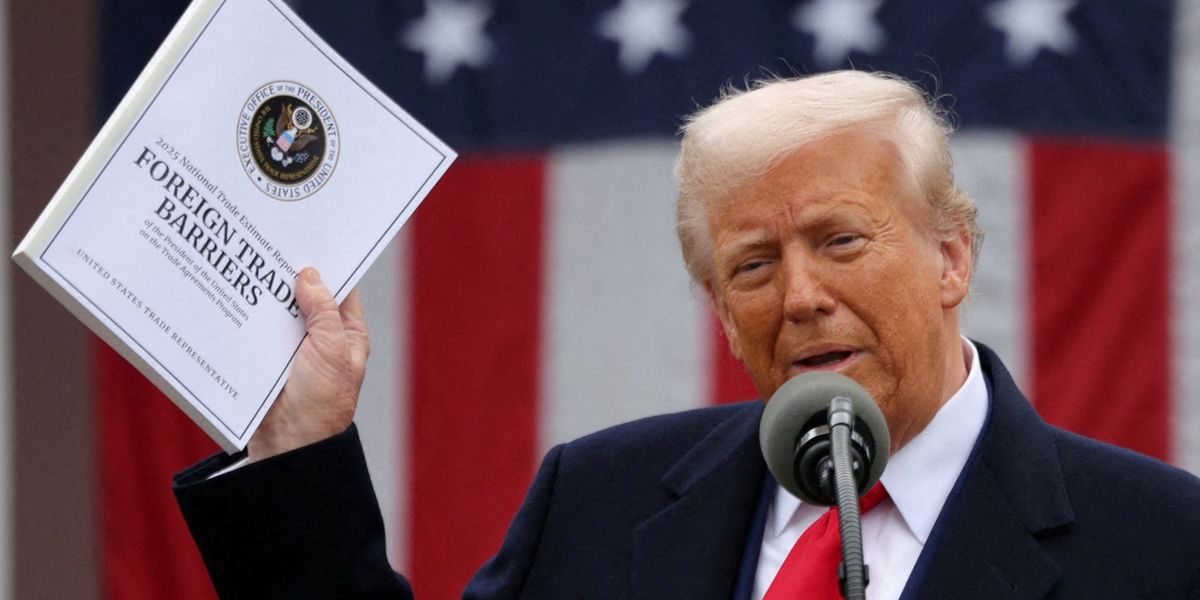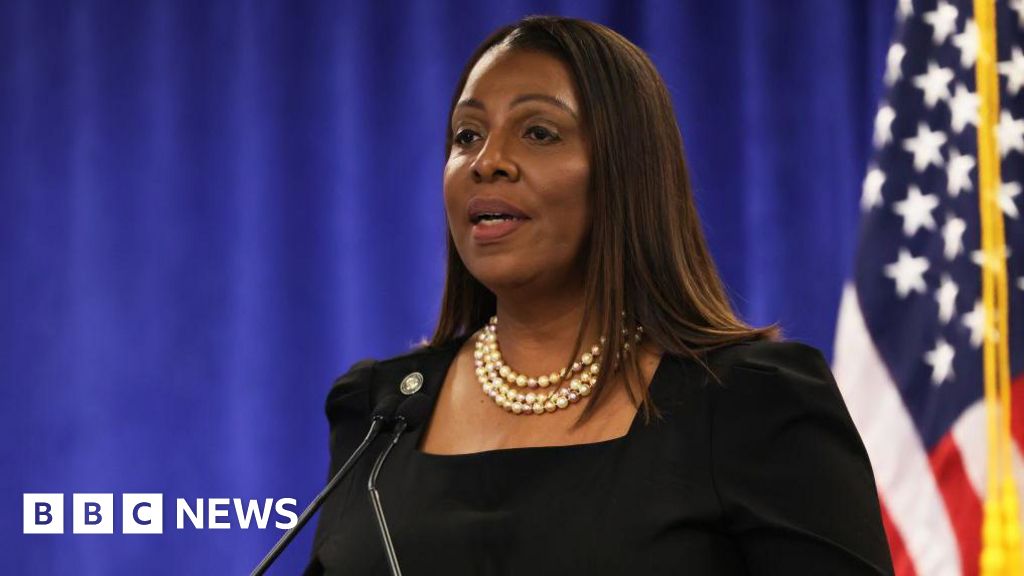Australia Plans Critical Minerals Stockpile to Strengthen Trade Relations

In a strategic move that positions Australia as a key player in the global supply of critical minerals, Prime Minister Anthony Albanese has unveiled plans for a stockpile aimed primarily at bolstering trade partnerships with nations such as Japan and South Korea. This initiative comes as Australia gears up for its upcoming Parliamentary election scheduled for May 3, where economic and resource management will likely be hot-button issues.
According to Albanese, the proposed stockpile will serve as a resource for "like-minded" countries, a sentiment that has been dubbed by local media as "minerals for mates." This phrase not only highlights Australias intent to foster strong ties with its allies but also suggests that these minerals could be utilized as a bargaining tool in negotiations, particularly with the United States.
The Prime Minister has proposed an initial budget of A$1.2 billion (approximately US$750 million) to establish this strategic reserve. The Australian government plans to collaborate directly with mining companies to secure the necessary materials, which could potentially mitigate the effects of recent trade tensions, especially in light of China's decision to restrict exports of certain critical minerals.
China's dominance in the supply of these materials has become a contentious issue, especially in the context of the ongoing trade war with the U.S. As China leverages its global supply chain advantages, including its control over refined materials, the rest of the world is beginning to acknowledge the vulnerabilities in its own supply chains.
Among the influential voices in this conversation is Elon Musk, the CEO of Tesla, who has recently pointed out the importance of certain rare earth metals, such as neodymium and praseodymium, in manufacturing permanent magnets for projects like humanoid robots. These rare earth magnets are known for being over ten times stronger than conventional iron-based products and can withstand extreme conditions, which makes them essential for advanced technologies.
Australian company Lynas Rare Earths, recognized as the nations primary producer of these materials, is already in discussions with the U.S. government regarding the construction of a rare earth refinery in Texas. This facility is intended to reduce reliance on Chinese metals and create a more resilient supply chain for critical technologies.
Australian Resources Minister Madelaine King emphasized the importance of securing a reliable supply of rare earth metals, not only for Australias domestic needs but also for the security interests of its key partners. Given the strategic implications of critical minerals in modern technology and defense systems, this initiative may redefine Australias role in the global supply chain.



























